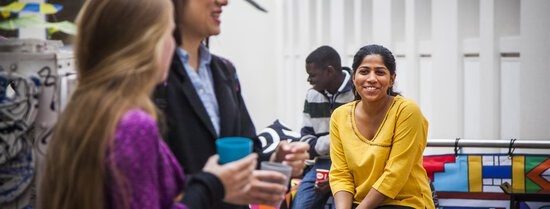3-week postgraduate short course
In an increasingly global economy, localities and regions come to the fore as the nest of enterprises, job creation and governance improvements. What strategies are conducive to local economic development? How do local governments support the private sector? How do civil society organizations fit in to ensure increasing welfare?
With globalization, the pursuit of local economic development has changed from a low-priority function of local governments to a central concern that encompasses the interests of multiple actors at local level. Local governments are faced with two major challenges that pull their attention in opposite directions: internationalization and decentralization.
Internationalization operates selectively and only a limited number of actors are included in global networks in which competitiveness is central and restructuring is a constant. On the other hand, decentralization results from increased demand for public services and state responsiveness. These two trends guide stakeholders in weaving relationships of cooperation and competition in the search for opportunities to achieve sustainable local economic development.
The course explores the concept of local economic development, including community, enterprise and locality development. It analyses the functioning of business clusters and their position in global value chains. It discusses policies to facilitate local economic development.
By the end of the course participants will be able to understand, support and manage local economic development processes with multiple stakeholders.
Target Group
The course is intended for government officials and employees in business and non-governmental organizations that deal with private sector development or local economic development policies.
Partner
The course will be offered in collaboration with the Institute for Housing and Urban Development Studies (IHS).
The IHS is an international centre of excellence. It is part of the School of Economics (ESE) and Erasmus School of Social and Behavioural Sciences (ESSB) of Erasmus University Rotterdam.
More information
The course runs alternately in Rotterdam and The Hague. In odd number years (2019, 2021, etc.) it runs at IHS in Rotterdam, and in even number years (2020, 2022, etc) it runs at ISS in The Hague.
For more information about the course, requirements and applications contact IHS.
